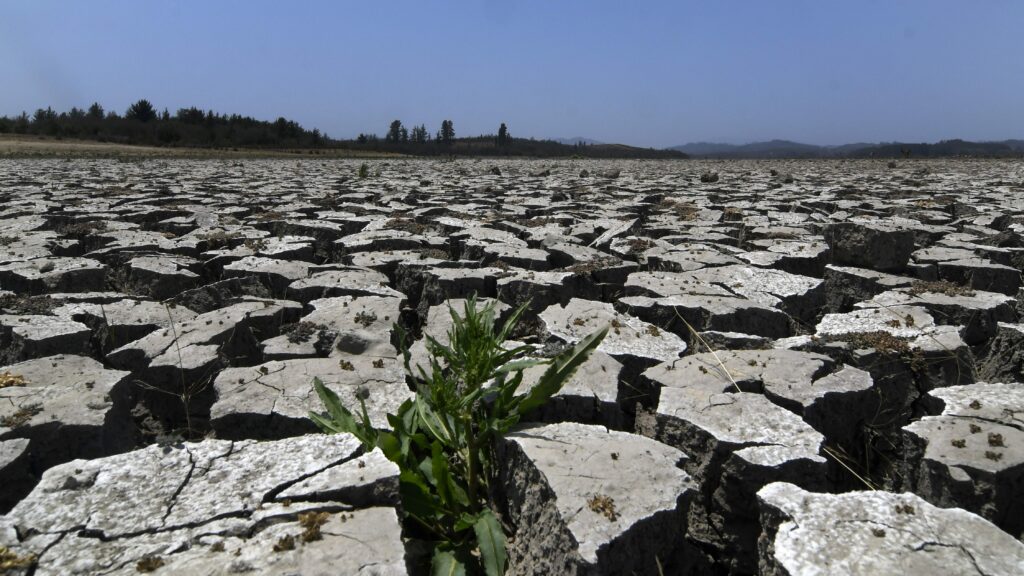Chilean fruit growers on "red alert" over water crisis and climate change - Fedefruta

Chile's Federation of Fruit Growers (Fedefruta) has said that the industry is on "red alert" over the ongoing water crisis and the impacts on climate change.
The country this year registered its driest July on record.
"There is a sort of state of shock in the agricultural and fruit growing world regarding this tremendous problem", says Jorge Valenzuela, president of Fedefruta.
"The fruit industry today generates around 700,000 jobs, and if this situation continues there will be areas that will no longer produce fruit or will produce less due to water availability," he added. "Faced with this situation, farmers will have to decide what to grow and what not to grow".
Growers in the northern Coquimbo Region are particularly impacted, with the based minimum water requirement for crops not being met, it said.
Fedefruta said that among the challenges is the need to adapt to lower water availability and temperature instability. The industry must also become more resilient to climatic events, such as the summer rains this year that affected the table grape and stone fruit harvests, it said.
"After the IPCC [Intergovernmental Panel on Climate Change] report, and in view of what we see daily in rural areas in an increasingly accentuated way, climate change brings many uncertainties for the future, and consequences for which everyone in the world must take responsibility," Valenzuela said. "In such a scenario, our job is to provide food security, but this is a job that we can only do if we all get involved.
Among the measures proposed by the farmers are the design of a public policy that transcends governments and strengthens support measures for the sector.
The state should also finance desalination plants to ensure human consumption, food and productive activities, and it should also implement necessary modifications for the reuse of water in the most affected areas.
"If we do not address these urgent needs due to the drought, we will only manage to plunge rural areas - which have been neglected for many years - deeper into precariousness," Valenzuela adds.
"This crisis affects not only small and medium farmers, but also thousands of families who depend on food production and who live in the fields."




































